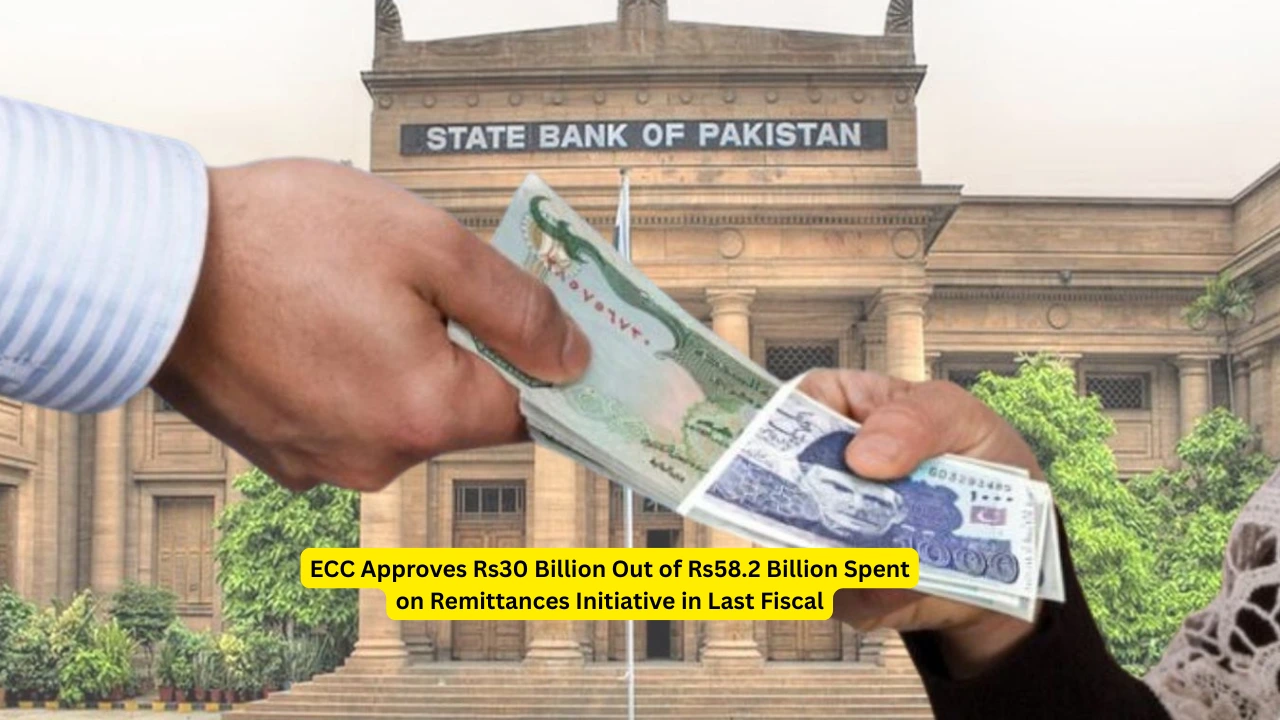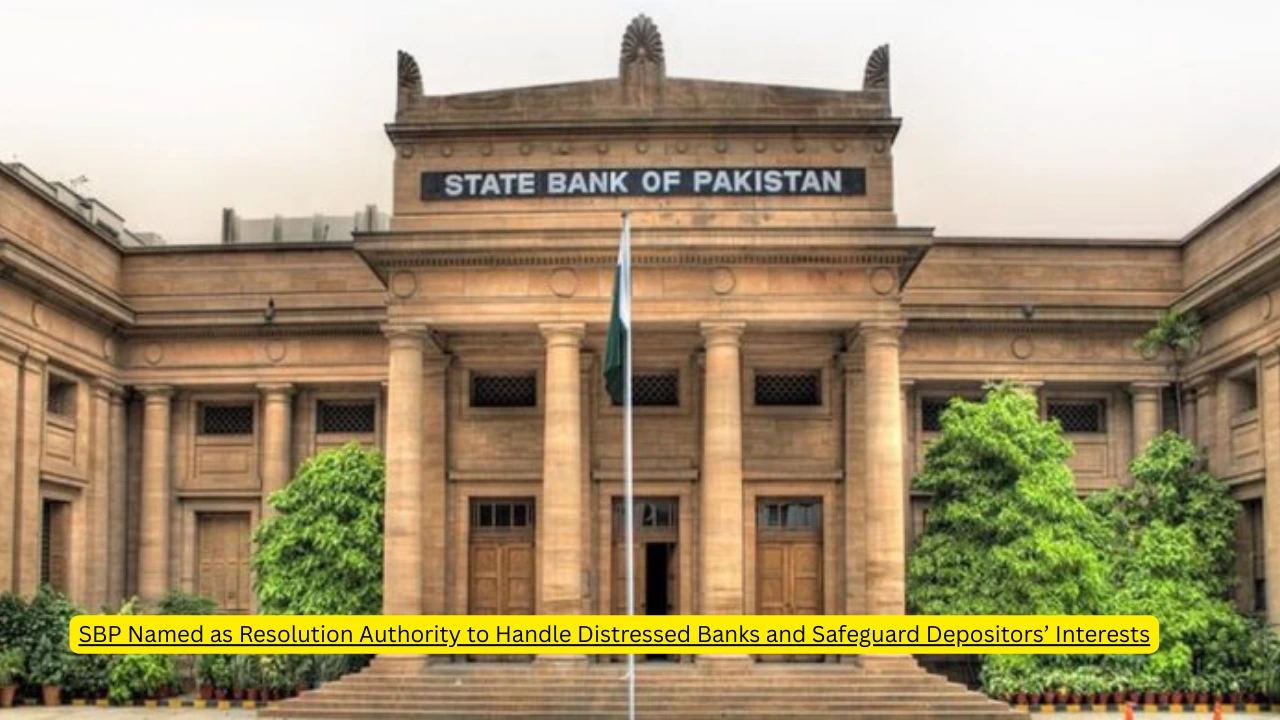The Economic Coordination Committee (ECC) has given its approval for Rs30 billion out of the total Rs58.2 billion spent under the home remittances initiative during the last fiscal year. The move reflects the government’s focus on sustaining remittance inflows, which remain a critical source of foreign exchange for Pakistan’s fragile economy.
Why the ECC’s Approval Matters
The decision by the ECC is not just about clearing pending payments. It directly impacts Pakistan’s ability to maintain its foreign exchange reserves, stabilize the rupee, and keep current account deficits under control.
Remittances form one of the largest inflows into Pakistan’s economy, often surpassing foreign direct investment and even some export categories. By supporting initiatives that encourage overseas Pakistanis to send money back through legal banking channels, the government hopes to reduce reliance on external borrowing.
Breakdown of the Remittances Initiative
The total allocation for the remittances promotion program stood at Rs58.2 billion in FY2024. However, the ECC has approved Rs30 billion to cover part of the expenditures. This initiative was designed to:
- Incentivize banks and exchange companies to process home remittances efficiently.
- Cover costs associated with the Pakistan Remittance Initiative (PRI).
- Enhance the use of digital platforms for faster and safer transactions.
- Reduce informal money transfer channels such as hundi and hawala.
The scheme essentially rewards financial institutions for facilitating remittance flows, ensuring funds reach Pakistan through transparent and traceable means.
Impact on Pakistan’s Economy
For a country like Pakistan, where remittances average $27–30 billion annually, such initiatives are vital. In FY2024, remittances played a key role in cushioning the economy amid declining exports and high import bills.
The Rs30 billion approval signals continuity in policy, but it also raises questions about fiscal management. With over Rs28 billion still pending, analysts warn that delayed reimbursements could discourage banks and service providers from prioritizing remittance inflows.
Challenges Ahead
Despite the approval, several challenges remain:
- Fiscal Strain – With limited fiscal space, the government faces difficulty in fully financing such expensive subsidy-like programs.
- Dependence on Overseas Pakistanis – Heavy reliance on remittances makes the economy vulnerable to global shocks, such as oil price fluctuations affecting Middle Eastern economies where most Pakistani workers are employed.
- Informal Channels – Despite efforts, a significant portion of remittances still flows through informal channels.
- Policy Continuity – Frequent changes in subsidy structures may create uncertainty for financial institutions.
Global Remittances Context
Globally, remittances are considered a stable source of foreign exchange for developing economies. The World Bank has consistently highlighted Pakistan among the top recipients of remittances worldwide, ranking alongside India, Mexico, and the Philippines.
In this global context, Pakistan’s Rs58.2 billion spending reflects the scale of government commitment. However, the partial approval by ECC suggests budgetary limitations could impact long-term sustainability.
Final Thoughts
The ECC’s decision to approve Rs30 billion of the Rs58.2 billion spent under the remittances initiative reflects a balancing act: encouraging inflows while managing fiscal pressures. For Pakistan’s economy, where foreign exchange is lifeline capital, the importance of such initiatives cannot be overstated.
While overseas Pakistanis continue to play a heroic role in supporting the economy, ensuring timely reimbursements and transparency will determine the success of such programs. The Madison Beer effect may trend in sports and pop culture, but in Pakistan’s financial headlines, the remittances effect remains the true game-changer.If you know about GPA Signs LoI with Chinese Firm then click here.



One thought on “ECC Approves Rs30 Billion Out of Rs58.2 Billion Spent on Remittances Initiative in Last Fiscal”